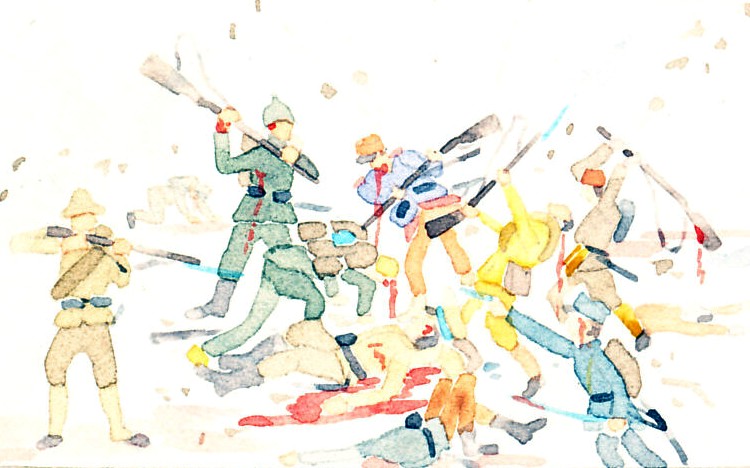Color postcard map of Belgium, its provinces, railroad lines (?), major towns and cities, and North Sea coast and borders with the Netherlands, Germany, Luxemburg, and France. Insets show City Hall in the capital of Brussels, a view from the water of the port of Antwerp, and the Remy factory.

Text in French and Dutch:
"Il n'est pas de meilleur Amidon que l'Amidon REMY, Fabrique de Riz Pur."
and
"Er bestaat geenen beteren Stijfsel dan den Stijfsel REMY, Vervaardigd met Zuiveren Rijst."
(There is no better starch than Remy Starch, made of pure rice.)
Other views:
Larger, Back
